|
Erik Jaffe, policy director of Protect The 1st, drawing on his experience with more than 100 cases before the U.S. Supreme Court, reacts to the leaking of the draft opinion overturning Roe v. Wade, and gives a preview of major cases in coming weeks. He discusses:
Listen to Erik Jaffe, one of the nation’s leading constitutional lawyers, in this interview on the Pacific Research Institute’s Next Round podcast. Shield of Strength v. United States Department of Defense “Love bears all things, believes all things, hopes all things, endures all things ...” 1 Corinthians 13 “love is the voice under all silences, the hope which has no opposite in fear; the strength so strong mere force is feebleness: the truth more first than sun more last than star.” e.e. cummings being to timelessness as it’s to time The sentiment expressed by the Apostle Paul in the New Testament testifies to the power of love, as does the snippet from an e.e. cummings poem. Under the standards set by the Department of Defense (DoD) and its trademark office, the first quote is forbidden because it comes from a religious source, the second is permitted because it is ostensibly secular.
Protect The 1st is joining an amicus brief – drafted by Prof. Eugene Volokh at the UCLA First Amendment Amicus Brief Clinic, together with his students Elizabeth Anastasi, Aaron Boudaie, and Anastasia Thatcher – filed before the U.S. District Court for the Eastern District of Texas to require the government to resolve discrepancies in its treatment of religious speech. The case involves a company, Shields of Strength (SoS), that sells facsimiles of dog tags with the logos of U.S. military services on one side, and inspirational quotes on the other. Because service logos are used, Shields of Strength must obtain permission from the DoD trademark office. That office routinely approves hundreds of such trademark uses for parades, team uniforms and athletic wear, student-run organizations, and products from jewelry brands to license plates. But DoD policy denies trademark licenses for “any purpose intended to promote ideological movements, sociopolitical change, religious beliefs (including non-belief), specific interpretations of morality, or legislative/statutory change.” This excludes the use of service trademarks when the back of an SoS dog tag includes a Bible verse. Thus, DoD’s inherently vague standards give it the ability to withhold its approval for the use of its service trademarks where religious speech is concerned. But how can the government assert a justification for denying permission to SoS and its dog tags? No one mistakes the use of trademarked logos on various products – from team jerseys to earrings – to be government speech. Rather, the trademark program is clearly a limited public forum that, by the admission of the services, works with hundreds of companies around the world. Consumers want no more than to honor the services in their own way. How then can these commercial dog tags be considered government speech? SoS dog tags are not worn instead of military dog tags. They do not identify the wearer. They do not contain government opinion. These dog tags are meant to be worn on the bodies of private people, not displayed to the public like a government-printed license plate. These dog tags are expressive works in which the wearer communicates both patriotism and religiosity. Courts have held that when the free exercise of religion is at risk, the strictest scrutiny must apply. For all these reasons, DoD’s refusal to let SoS use these marks discriminates against this company and its customers solely due to their religiosity – and thus violates the Free Exercise Clause of the First Amendment. Oakwood Adventist Academy vs. Alabama High School Athletic Association The Oakwood Academy Mustangs of Huntsville, Alabama, had fought their way this year to the semi-finals with a chance at winning the state title. This was, in fact, the winningest season for the basketball team of Oakwood Adventist Academy, the nation’s oldest Black Seventh-day Adventist school.
As Seventh Day Adventists, however, the Mustangs must observe the Sabbath that begins on sundown Friday to sundown Saturday. When the schedule for the semi-finals was released, the Mustangs were slated to play at 4:30 on a Saturday afternoon – agonizingly close to sundown, but still daylight … and still the Sabbath. Then the Mustangs caught a break. Other teams agreed to switch out their times with other teams, avoiding scheduling a game during the Sabbath. This seemed to be a good, all-around solution to everyone except the Alabama High School Athletic Association (AHSAA), which refused to accept a switch that was acceptable to all teams. The Becket Fund for Religious Freedom is now representing Oakwood Adventist Academy before the U.S. District Court for the Middle District of Alabama, seeking a permanent injunction against the association discriminating against religious requests. “It’s bad enough that AHSAA would intentionally exclude a religious school for honoring the Fourth Commandment,” said Eric Rassbach, senior counsel and vice president of the Becket Fund. “But it’s worse when the exclusion is entirely unnecessary — like most Americans faced with this issue, the schools had worked out a simple, common-sense solution. But the bureaucrats said no. The First Amendment demands much more.” Supreme Court Overturns Campaign Loan Repayment Limit The Supreme Court today in a 6-3 decision overturned Section 304 of the Bipartisan Campaign Reform Act, declaring in a majority opinion that the law impermissibly “burdens core political speech.”
This case, provoked by a deliberate violation of the regulation by Sen. Ted Cruz, concerned whether a candidate for federal office could be repaid after the election for borrowed funds of more than $250,000. The majority opinion cited our Protect The First Foundation’s amicus brief, which provided evidence that Section 304 inhibits candidates’ speech. As we explained in our brief: “The loan repayment limit … burdens challengers by deterring them from raising money from one of the few sources that may be available to them early in their campaigns: a personal loan.” Justice Elena Kagan in her dissent claimed that the law prevents “political contributions that will line a candidates’ own pockets.” Writing for the majority, Chief Justice John Roberts responded that “we are talking about repayment of a loan, not a gift.” Once again, the Court has recognized that many restrictions on campaign spending are restrictions on speech. Protect The 1st is pleased to have contributed to this significant First Amendment victory. Protect The 1st applauds the decision of the American Civil Liberties Union to support Elon Musk’s promise to readmit former President Donald Trump to Twitter.
ACLU executive director Anthony D. Romero issued a forthright statement: “You’d be hard-pressed to find a more steadfast opponent of Trump and his policies than the ACLU, but Elon Musk’s decision to re-platform President Trump is the right call. When a handful of individuals possess so much power over the most important forums for political speech, they should exercise that power with restraint. If Trump violates the platform rules again, Twitter should first employ lesser penalties like removing the offending post — rather than banning a political figure. “Like it or not, President Trump is one of the most important political figures in this country, and the public has a strong interest in hearing his speech. Indeed, some of Trump’s most offensive tweets ended up being critical evidence in lawsuits filed against him and his administration. And we should know — we filed over 400 legal actions against him.” Protect The 1st upholds the First Amendment right of Twitter to manage its content. However, when most of the nation’s public discourse is conducted on a handful of platforms, we cannot ignore the impact of the de-platforming of a major national figure. Whatever one believes about the former president, the time has come for liberals and conservatives to once again trust that the long, arduous process of working out major issues through unfettered speech ultimately delivers the best results. To believe otherwise is to disbelieve in democracy. The Ninth Circuit Court of Appeals in San Francisco denied an en banc hearing for plaintiffs in Slockish v. U.S. Federal Highway Administration. The decision denies the opportunity to consider the merits of a religious liberty case filed by an American religious minority.
Hereditary chiefs Wilbur Slockish and Johnny Jackson, spiritual leaders of the Klickitat and Cascade Tribes of the Yakama Nation in Eastern Oregon, had sued the government after it had bulldozed their ancestral burial grounds. These lands had been used by the Yakima for centuries for vision quests, water ceremonies, to gather food and medicine, and bury their dead. The Federal Highway Administration razed these burial grounds, destroyed a sacred stone altar, and removed safe access to the site. Protect The First Foundation and the Harvard Law School Religious Freedom Clinic joined a coalition of religious liberty groups to brief the court on the facts and principles of this case. In this denial, the Ninth Circuit missed an opportunity to stand up not just for the religious rights of Native Americans, but also to recognize the protections of the Religious Freedom Restoration Act and the Free Exercise Clause of the U.S. Constitution. At stake are not just the rights of the Yakama tribes, but also the rights of Jews, Catholics and Protestants, Sikhs, Muslims, and Americans of all religions. Fortunately, there is another opportunity for the court to take a stand for religious liberty. Protect The 1st is hopeful that the Ninth Circuit will take a more favorable stance for the Apache tribes of Arizona, whose sacred lands at Oak Flat in the Tonto National Forest are being transferred by the government to a foreign mining company. Educating children in the fundamentals is essential to the full expression of the First Amendment. As a Texas statesman said, “a cultivated mind is the guardian genius of democracy.”
For 3.4 million American students, charter schools provide a quality alternative to failing public schools. For minority and low-income communities, charter schools are a lifeline for children to escape from intergenerational poverty to success. A Harvard study on changes in student performance on the National Assessment of Educational Progress from 2005 through 2017 reported that black eighth graders at charter schools were six months ahead of their district public school peers. Why then, is the U.S. Department of Education proposing rules that would alter the purpose of the Charter Schools Programs (CSP), designed by Congress to support the creation of new charter schools, replicate the highest-quality schools, and share information about best practices? If the federal agency gets its way, that lifeline might be shortened, or cut altogether. An initiative from the department – described by the National Alliance for Public Charter Schools as “a sneak attack on charter schools” – would empower federal reviewers to ignore state and local decisions to authorize new public schools. During the Covid pandemic and the academic year of 2020-2021, 240,000 new students enrolled in charter schools, representing a seven percent growth rate from the previous year. The CSP-enabled growth is now endangered by a plethora of proposed federal rules that would choke off one of the bright spots in American education. “Make no mistake,” declares the Alliance, “this is a back-door attempt to prevent new charter schools from opening – contrary to the very purpose of the CSP.” On Thursday, a bipartisan group of U.S. Senators, led by Sens. Dianne Feinstein (D-CA), and Tim Scott, (R-SC), fired off a letter of protest to Education Secretary Miguel Cardona. “We are concerned that these requirements would make it difficult, if not impossible, for new public charter schools start-ups, and for high-performing public charter schools seeking to replicate or expand, to access CSP funding,” wrote the senators. “In addition, the proposed rule would add significant burdens and time to an already complex application process, with little time for technical assistance, particularly for the upcoming 2022 grant cycle.” Other signatories include: Senators Cory Booker, (D-NJ), Michael Bennet, (D-CO), Richard Burr (R-NC), Bill Cassidy (R-LA), and Marco Rubio (R-FL). The House Judiciary Committee recently passed – on a unanimous and bipartisan basis – the Protect Reporters from Exploitive State Spying (PRESS) Act. This measure would establish a federal statutory privilege that would shield journalists from being compelled to reveal confidential sources and would protect those sources from federal law enforcement subpoenas.
This is popular legislation – sure to pass by a wide margin should it come to the House floor. Most Members of Congress, like the voters who elected them, understand that the ability of journalists to grant confidentiality to whistleblowers and other sources enables the exposure of hidden abuses by the powerful. This practice, well in place since the Pentagon Papers, refreshes democracy, stimulating reform, debate and improvement. This practice sounds great to most everyone, until it is one’s own ox that gets gored by someone whose politics you dislike. Consider Project Veritas. When we criticized the FBI for its lengthy, intrusive violation of Project Veritas’ notes, emails, calls, and confiscation of their digital devices, some of our liberal friends raised an eyebrow. Project Veritas exists at the intersection of conservative activism and journalism, prompting liberal targets into admitting things in private they’d never say in public. Many liberals continue to argue Project Veritas should be investigated in the case of the missing diary of President Biden’s daughter, though the group insists it reported the diary to the authorities. Now, it is the turn of many conservatives to demand a strenuous investigation into the leaking of Justice Samuel Alito’s draft opinion overturning Roe v. Wade. For the record, we agree that the Marshal of the Supreme Court should investigate and expose the person who leaked this opinion to Politico. That was a vile act, one that undermines the Court’s professional culture of civility. The leaker deserves to be punished. The danger in this case is that the Court’s urgent need to find the leaker, and the anger of many powerful conservatives, could persuade the FBI it has carte blanche to secretly examine phone logs and old emails traded by journalists Josh Gerstein and Alexander Ward with their source. Using such a subpoena might expose a wrongdoer working in the Supreme Court. It would also have the effect of degrading the ability of journalists in the future to protect their sources. Admittedly, there is a thin and uncomfortable line between trying to catch a leaker on the administrative side, while protecting that same person when he or she becomes a source on the journalistic side. It is also a difficult line to walk when you despise the politics of the side that benefits from the leak. But it is a line that must be respected for the sake of us all, on all sides of every debate. “Our liberty depends on the freedom of the press,” Thomas Jefferson said, “and that cannot be limited without being lost.” The surest way to ensure we don’t have to continually face these temptations to intrude into the freedom of journalists is to pass the PRESS Act. The City of Boston was kicked to the curb by the U.S. Supreme Court for its effort to deny a group, Camp Constitution, the ability to use a public flagpole to raise its flag sporting a Latin Cross, while allowing 284 other flag-raising events from groups with a variety of messages. As Justice Neil Gorsuch noted: “Not a single member of the Court seeks to defend Boston’s view that a municipal policy allowing all groups to fly their flags, secular and religious alike, would offend the Establishment Clause.”
Justice Stephen Breyer, writing for the majority, wrote: “[T]he city’s lack of meaningful involvement in the selection of flags or the crafting of their messages leads us to classify the flag raisings as private, not government, speech ....” He concluded that since it was not government speech, the Camp Constitution’s flag could not violate the Establishment Clause. Excluding it was a violation of the Free Speech Clause. Justice Breyer added: “When a government does not speak for itself, it may not exclude speech based on ‘religious viewpoint’; doing so ‘constitutes impermissible viewpoint discrimination.’” Justice Brett Kavanaugh, in his concurring opinion, found: “As this Court has repeatedly made clear, however, a government does not violate the Establishment Clause merely because it treats religious persons, organizations, and speech equally with secular persons, organizations, and speech in public programs, benefits, facilities, and the like … On the contrary, a government violates the Constitution when (as here) it excludes religious persons, organizations, or speech because of religion …” The majority noted that precedent held that trademarks were not government speech simply because the Patent and Trademark Office “registered all manner of marks and normally did not consider their viewpoint … Boston’s come-one-come-all attitude—except, that is, for Camp Constitution’s religious flag—is similar.” Boston had argued that the display of a flag with a Christian motif would constitute government speech endorsing one religion over another. Justice Samuel Alito made a number of points that corresponded with the amicus brief of the Protect The First Foundation. He responded that “speech by a private individual or group cannot constitute government speech if the government does not attempt to control the message.” Justice Alito extended that reasoning to raise the specter of censorship in an expansive definition of “government speech.” Concerned about the blurring of lines between government and private speech, Justice Alito suggested a new test under which two conditions are needed to satisfy ‘government’ speech protected from a challenge based on the Free Speech Clause. First, it must show that the challenged activity is purposeful communication of a governmentally determined message by a person empowered to speak for the government. Second, the government must establish it did not rely on a means that abridges the speech of private persons: “Under the resulting view, government speech occurs if—but only if—a government purposefully expresses a message of its own through persons authorized to speak on its behalf, and in doing so, does not rely on a means that abridges private speech … “So government speech in the literal sense is not exempt from First Amendment attack if it uses a means that restricts private expression in a way that ‘abridges’ the freedom of speech, as is the case with compelled speech. Were it otherwise, virtually every government action that regulates private speech would, paradoxically, qualify as government speech unregulated by the First Amendment. Naked censorship of a speaker based on viewpoint, for example, might well constitute ‘expression’ in the thin sense that it conveys the government’s disapproval of the speaker’s message. But plainly that kind of action cannot fall beyond the reach of the First Amendment.” Justice Alito warned that even if the government is conveying its own message, however, it still might find ways to abridge private speech. The facts of this case are local and, on the surface, trivial. But today’s opinions suggested that Shurtleff v. Boston will become a precedent resolving the tension between the Establishment Clause forbidding an official religion and the Free Speech Clause. It is likely to be cited for creating a more generous precedent for religious speech than the 1971 Lemon case, which the late Justice Antonin Scalia likened to a “ghoul in a late-night horror movie.” Shurtleff is sure to guide many future cases in the protection of religious speech. |
Archives
June 2024
Categories
All
|
ABOUT |
ISSUES |
TAKE ACTION |


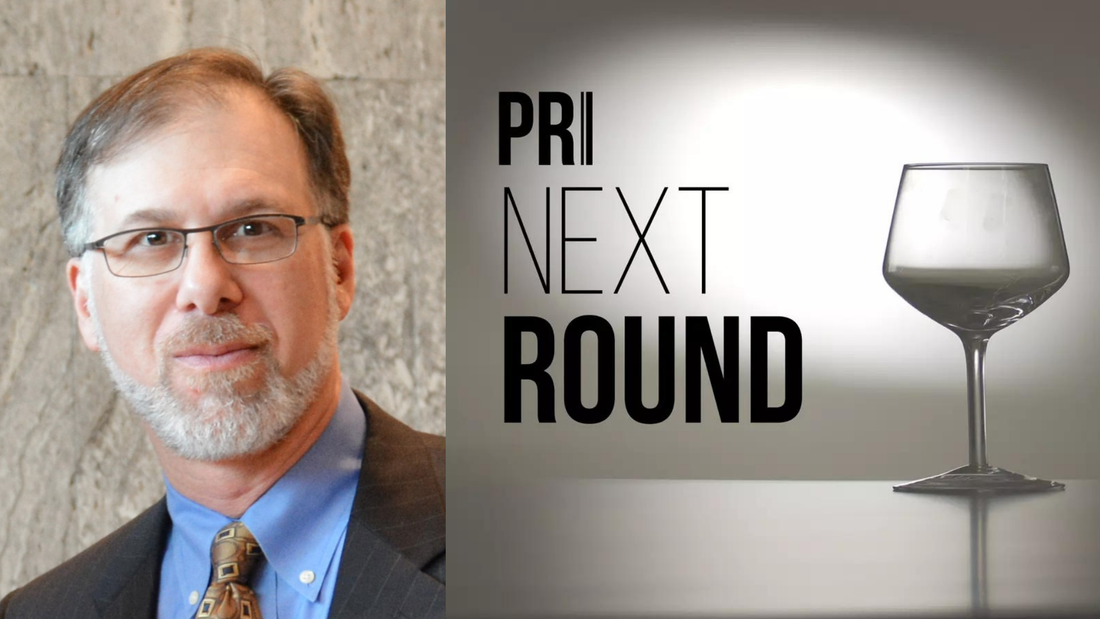

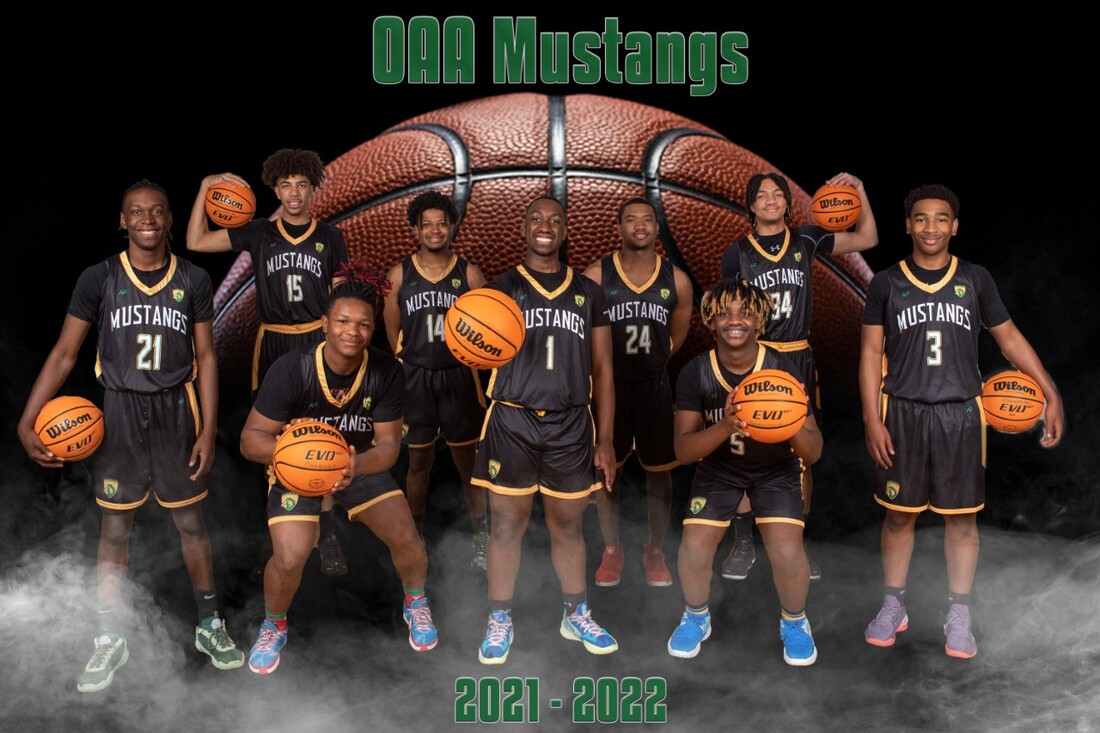
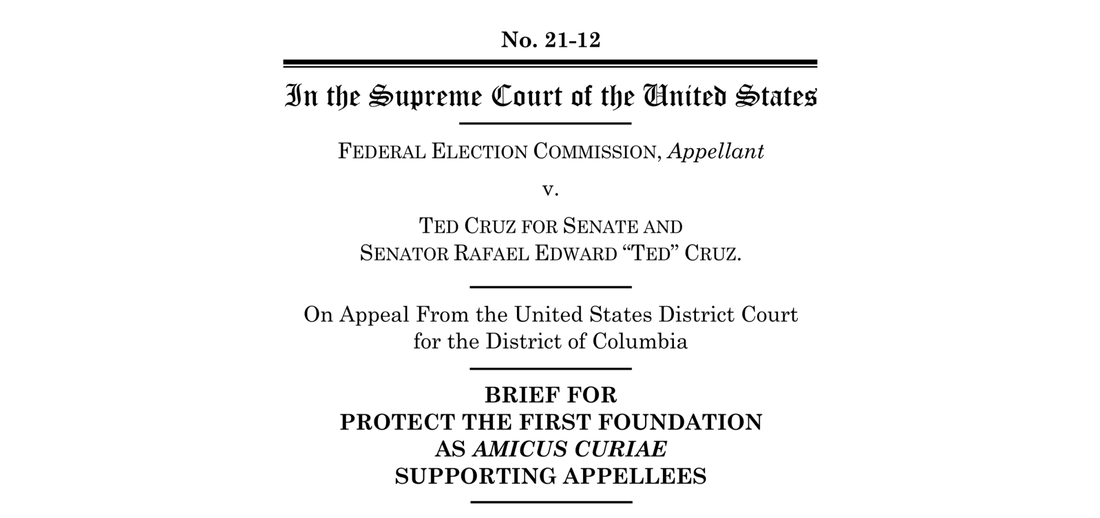
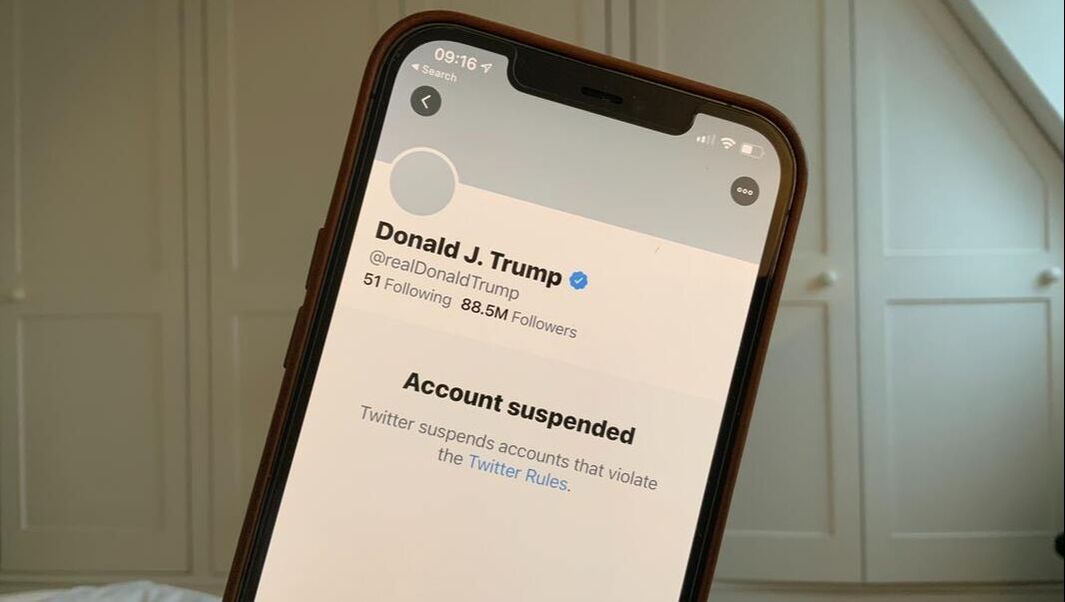
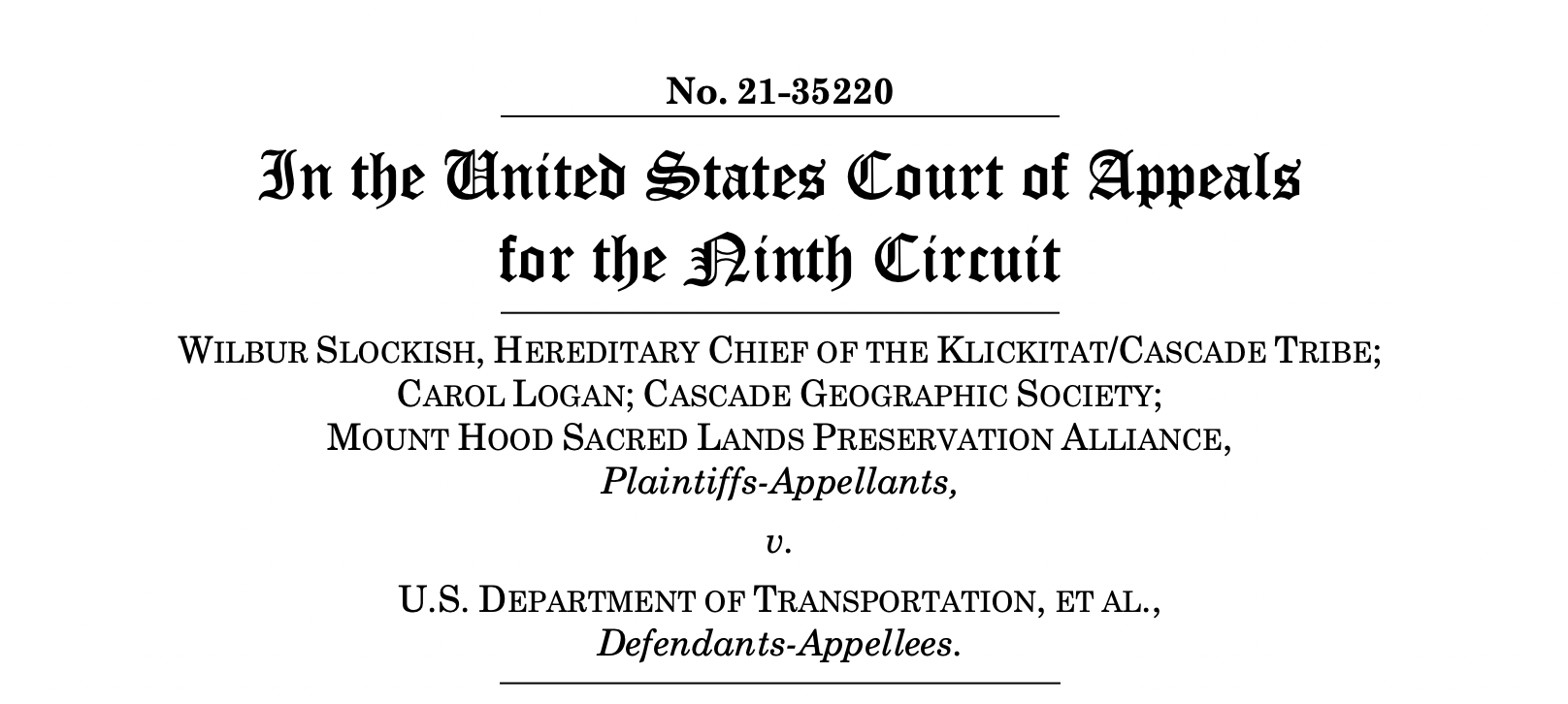
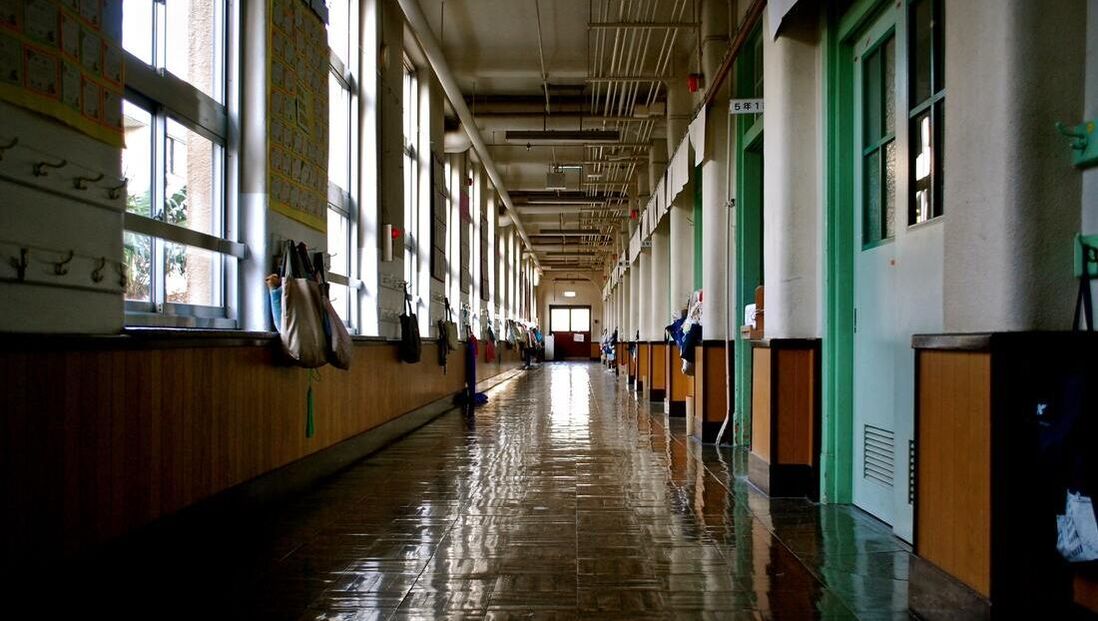
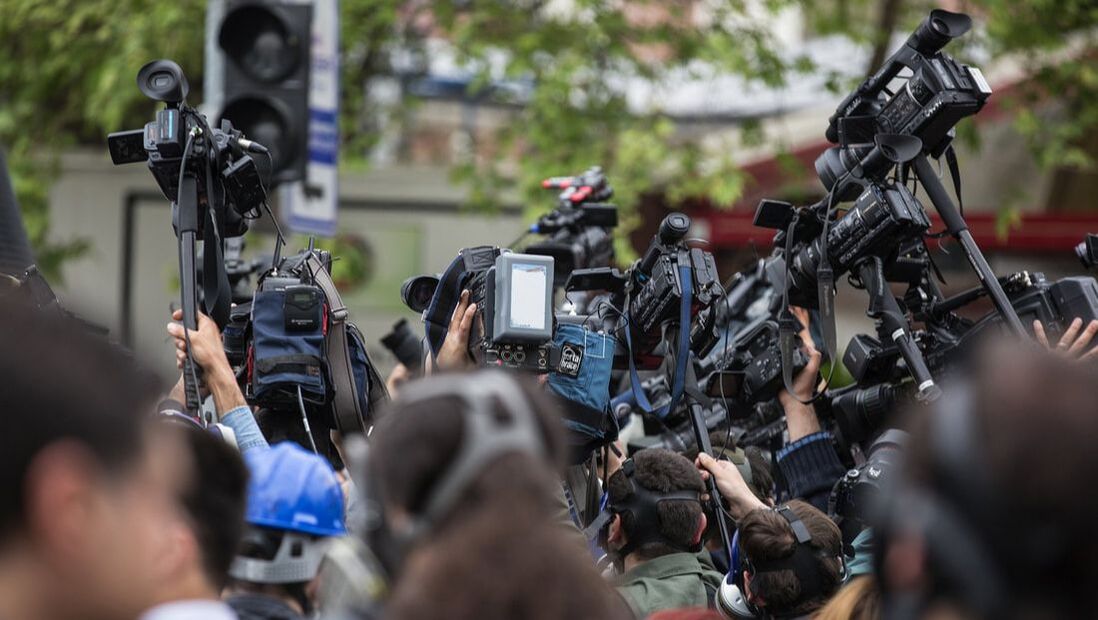
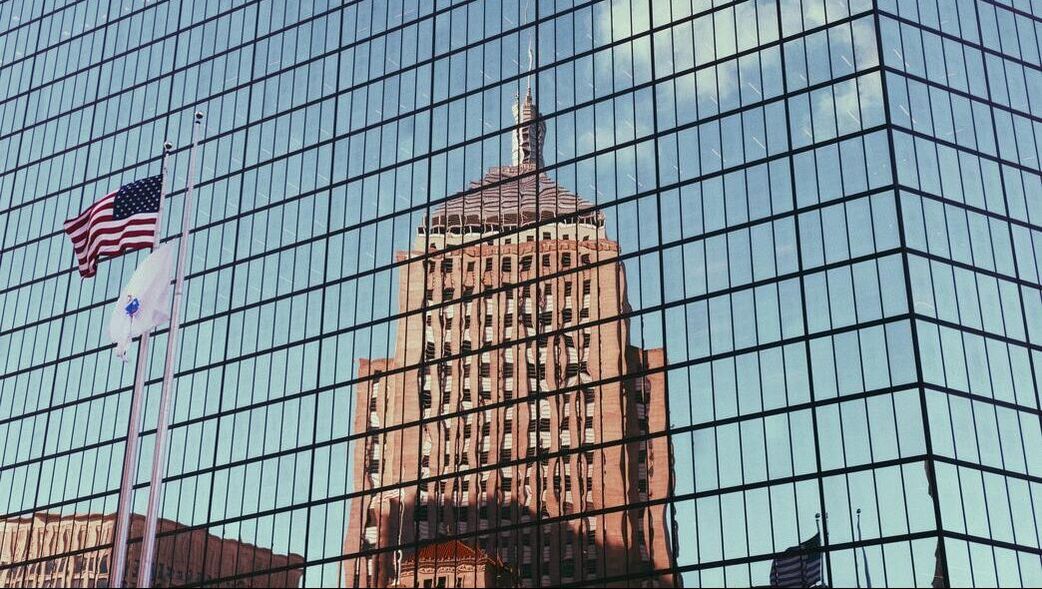
 RSS Feed
RSS Feed